Best movies like The Conversation Is Over
A unique, carefully handpicked, selection of the best movies like The Conversation Is Over Starring Fernando Cabral Martins, André Gomes, Juliet Berto, Jorge Silva Melo, and more. If you liked The Conversation Is Over then you may also like: Zero Day, 84 Charing Cross Road, Ossos, Kali, the Little Vampire, The Barretts of Wimpole Street and many more popular movies featured on this list. You can further filter the list even more or get a random selection from the list of similar movies, to make your selection even easier.
The film was to be a documentary, but evolved during production to a fictional film. It nevertheless adheres strictly to the poems and letters exchanged by two of the most outstanding names of the Modernist Movement, Fernando Pessoa (in Lisbon) and Mário de Sá-Carneiro (in Paris). Their endless conversation was dramatically and suddenly terminated.
You may filter the list of movies on this page for a more refined, personalized selection of movies.
Still not sure what to watch click the recommend buttun below to get a movie recommendation selected from all the movies on this list
84 Charing Cross Road
When a humorous script-reader in her New York apartment sees an ad in the Saturday Review of Literature for a bookstore in London that does mail order, she begins a very special correspondence and friendship with Frank Doel, the bookseller who works at Marks & Co., 84 Charing Cross Road.
Kali, the Little Vampire
This is the story about a boy not like the others that dreams about finding his place in the world.
The Barretts of Wimpole Street
Director Sidney Franklin's 1957 remake of his own 1934 film, about the romance of poets Elizabeth Barrett and Robert Browning.
Colossal Youth
After the Portuguese government demolishes his slum and relocates him to a housing project on the outskirts of Lisbon, 75-year-old Cape Verde immigrant Ventura wanders between his new and old homes, reconnecting with people from his past.
The Dreamers
When Isabelle and Theo invite Matthew to stay with them, what begins as a casual friendship ripens into a sensual voyage of discovery and desire in which nothing is off limits and everything is possible.
Ice
An underground revolutionary group struggles against internal strife to stage urban guerilla attacks against a fictionalized fascist regime in the United States. Interspersed throughout the narrative are rhetorical sequences that explain the philosophy of radical action and restrain the melodrama inherent in the thriller genre.
Helvetica
Helvetica is a feature-length independent film about typography, graphic design and global visual culture. It looks at the proliferation of one typeface (which will celebrate its 50th birthday in 2007) as part of a larger conversation about the way type affects our lives. The film is an exploration of urban spaces in major cities and the type that inhabits them, and a fluid discussion with renowned designers about their work, the creative process, and the choices and aesthetics behind their use of type.
In Vanda's Room
An unflinching, fragmentary look at a handful of self-destructive, marginalized people, but taking as main focus the heroin-addicted Vanda Duarte.
Parajanov: The Last Spring
Made in wartime and edited in candlelight, Mikhail Vartanov's rarely-seen masterpiece tells about his friendship with the genius Sergei Parajanov who was imprisoned by KGB "at the peak of his artistic power". Vartanov takes us back with the scenes from his censored 1969 film The Color of Armenian Land where Paradjanov is at work on his suppressed chef-d'oeuvre The Color of Pomegranates - widely regarded as one of the greatest films of all time - and contrasts it with the shocking request Parajanov sent him in unpublished 1974 letters from the Soviet prisons. Vartanov's camera documents Parajanov's striking last day at work in 1990 during the making of the unfinished Confession. A monumental wordless montage - the entire sixth reel - concludes Vartanov's acclaimed documentary, which, despite the prohibitive conditions it was created in, won the admiration of many of cinema's greatest artists, including Francis Ford Coppola and Martin Scorsese.
Piñero
"Piñero" tells the story of the explosive life of a Latino icon, the gay poet-playwright-actor Miguel Piñero, whose urban poetry is recognized as a pre-cursor to rap and hip-hop. After doing time in hard-core Sing-Sing for petty thefts and drug dealing, Piñero's prison experiences developed into the 1974 Tony-nominated play Short Eyes. The resulting notoriety and fame was too much for the Latino bad-boy genius who retreated to the darker corners of New York City.
Paris Calling
Marianne Jannetier, a well-to-do Parisian, engaged to Andre Benoit, a high-ranking government official, flees the city when the goose-stepping Nazi storm-troopers arrive. When her mother dies on the road to Bordeaux as a result of Nazi bombing, she returns to Paris and joins the underground movement. Nicholas Jordan, an American member of the RAF, stranded in Paris after the evacuation is also working with the Paris underground. Marianne kills her former fiancée, a pro-Nazi informant, for the traitorous state papers he is carrying, and she and Jordan try to flee over a French seaport...
Land of Storms
Lena disappears mysteriously during the winter of 1976. This is the last stop on a journey that begins in colonial Mozambique on new year's eve at 1957 gives way to 1958. Ningo, a black boy brought up by Lena's parents, and her childhood friend, comes to Lisbon to help find her, at the request of Lena's mother. Using the letters that Lena has left behind as a testament to her life, in wich she has rebelled against the challenged the powers that be, Ningo discovers the identity of her kidnapper - Jorge Matos - a former secret policeman who has followed her from Lourenço Marques, motivated by morbid desire. Lena's kidnapper dies from two inexplicable snake bites to the neck, in accordance with a legend and ritual that had been part of Lena and Ningo's childhood.
The End of the Road
This documentary explores the Deadhead phenomenon. For thirty years, Jerry Garcia played guitar and sang for the Grateful Dead, and by doing so, inspired a modern cultural phenomenon: the legions of nomadic fans that made a communal way of life out of following Jerry and the Dead, the Deadheads. The End of the Road began shooting three months prior to Garcia's death in 1995, on the road with the wandering family of Deadheads- on what would be the final tour with Jerry and the Grateful Dead. Featuring a soundtrack by Merl Saunders and Jerry Garcia, the film celebrates this social, political and cultural movement in its twilight.
Fin de curso
There are two months to the end of High School Spanish classes in Lisbon and it's time to decide the destination for the end of year trip. That decision will cause a real "Civil War" between two irreconcilable groups: the "class nerd", who propose the typical cultural trip to Paris, and "freeloaders" who prefer to enjoy the week in Benidorm, the "New York's Costa Blanca ".
Moral Order
In 1918, Maria Adelaide Coelho da Cunha, heiress and owner of the Diário de Notícias, leaves the social, cultural and family luxury in which she lives to escape with a petty chauffeur, 26 years younger.
Paris Underground
Constance Bennett both produced and starred in the espionager Paris Underground. Bennett and Gracie Fields play, respectively, an American and an English citizen trapped in Paris when the Nazis invade. The women team up to help Allied aviators escape from the occupied city into Free French territory. The screenplay was based on the true wartime activities of Etta Shiber, who engineered the escape of nearly 300 Allied pilots. British fans of comedienne Gracie Fields were put off by the scenes in which she is tortured by the Gestapo, while Constance Bennett's following had been rapidly dwindling since the 1930s; as a result, the heartfelt but tiresome Paris Underground failed to make a dent at the box-office. It would be Constance Bennett's last starring film--and Gracie Fields' last film, period.
Sweet Hostage
An escaped mental patient kidnaps an illiterate teenage farm girl and takes her to his mountain hide-away, where they soon become friends and, eventually, lovers.
In the White City
Fed up with the sea, Paul, a Swiss mechanic working in the noisy bowels of a merchant ship, lands in Lisbon.
Chronicle of Good Hoodlums
This exaggerated mockery of crime cinema tells the story of a gang lead by "Renato, o pacíficio" (Renato, the peaceful) and their attempt to steal precious jewels from the Gulbenkian Museum in Lisbon. The weapon of choice? Bees!
Lamya's Poem
An inspiring and timely tale about a 12-year-old Syrian refugee girl named Lamya. When she flees the violence of her country, she is given a book of poetry of the famous 13th-century Poet, Rumi. As the perils of her journey mount, the book becomes a magical gateway where she meets Rumi when he was a boy and also a refugee fleeing the violence of his time. In a shared dreamworld, they battle the monsters that follow them from their real world situations, and Lamya must help young Rumi find his calling and write the poem that 800 years later will save her life.
Correspondences
Jorge de Sena was forced to leave his country. First he moved to Brazil, and later to the USA. He never returned to Portugal. During his 20-year-long exile, he kept an epistolary correspondence with Sophia de Mello Breyner Andresen. These letters are a testimony of the profound friendship between the two poets, letters of longing and of desire to “fill years of distance with hours of conversation”. Through excerpts and verses, a dialog is established, revealing their divergent opinions but mostly their strong bond, and their efforts to preserve it until their last breaths.
Steel Mask Versus Blue Abyss
A world of strong colours between documentary and fiction, centered on the life and work of modernist painter Amadeo de Souza Cardoso.
Foreign Letters
A bittersweet coming-of-age film, Foreign Letters is itself a love letter to the unshakeable bond between friends. Set in the pre-email era of the 1980s, young Ellie, newly arrived to the US from Israel, anxiously waits for letters from her best friend back home. Suffering from homesickness, language difficulties and rejection at school, life brightens when she meets Thuy, a Vietnamese refugee her age. As the two bond and become inseparable, they eventually hurt each other, and Ellie must find a way to restore their trust. Based on director Ela Thier's personal immigration experience, Foreign Letters is a film about poverty, prejudice, shame, and the healing power of friendship.
Armpits
Lazarus de Jesus is the adopted son of a wealthy lady from Lisbon, whom he calls Grandmother. It is she who introduces him to Godfather, a great businessman who takes him as his protégé, and Angelina, the woman Grandma wants him to marry. But Lazarus has other hidden interests, the most important of which is an obsessive fixation on female armpits. When he sees the violinist Maria Pia playing, Lazarus immediately falls in love and starts to live for her, which will precipitate an absolutely unpredictable ending.
Paris: The Luminous Years
A storm of Modernism swept through the art worlds of the West in the early decades of the twentieth century, uprooting centuries of tradition. The epicenter of this storm was Paris, France. For an incandescent moment from 1905 to 1930, Paris was the magnetic center for radical innovation and experiment, and the Mecca for creative talents who would change the course of art throughout the Western world.
Fernando Pessoa
The documentary about the life of Fernando Pessoa, defended by journalist Clara Ferreira Alves, underlines how, in just 30 years, Fernando Pessoa built an immense body of work, of astonishing quality and all of this while being nothing more than an anonymous office worker all his life.
The Angelic Conversation
The Angelic Conversation is a lyrical, haunting film about a young man’s search for love in a dreamlike landscape. Its tone is set by the juxtaposition of slow moving homo-erotic images and opaque landscapes through which two men take a journey into their own desires. Offscreen, Dame Judi Dench recites a sequence of Shakespeare's sonnets that counterpoint the action. Jarman called it, “My most austere work, but also the closest to my heart.”
Black Roses: The Killing of Sophie Lancaster
In 2007, Sophie Lancaster was beaten to death because of her appearance. Her story is told through a sequence of poems by Simon Armitage and through the interviews made by her mother in the wake of the tragedy. Adapted for television from the poetry anthology/stage production and radio adaptation.
Sonic Drone Home
Sonic, Tails, and Knuckles encounter an abandoned Badnik drone which upgraded itself using parts from a junkyard, with the intention of conquering the world.
Longe da Vista
In order to make some much-needed cash for himself, 65-year-old Portuguese prison inmate Eugenio impersonates a young woman and begins a romantic correspondence with a lonely Portuguese truck-driver living in Boston, convincing him that her tragic life has culminated in financial dire straits so he will send money. At first Eugenio's sister Idalina assists him in creating the character of Maria da Luz. Touched by her sweetness and apparent loving nature, the trucker willingly sends her money. When Idalina starts fearing they will be caught, she backs out of her arrangement with Eugenio who then convinces his young cellmate Vasco to help write the letters and even sends a picture of himself at age seven to "prove" that Maria has a young son. As prison life exacts an increasingly heavy toll upon Eugenio's health, his feminine alter-ego helps sustain him.






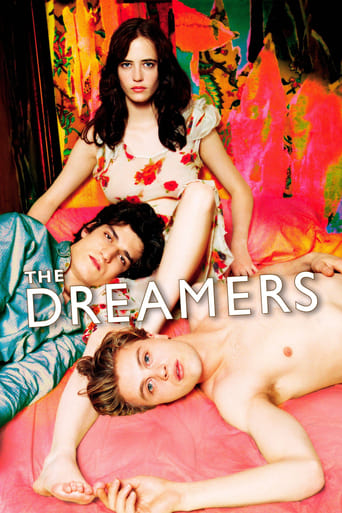













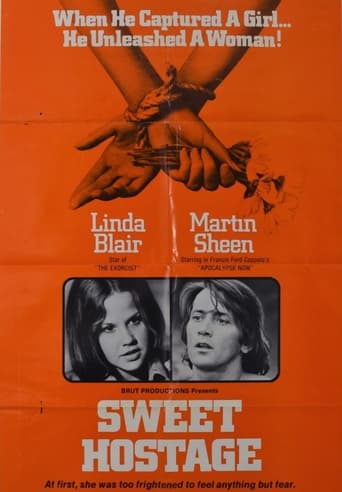








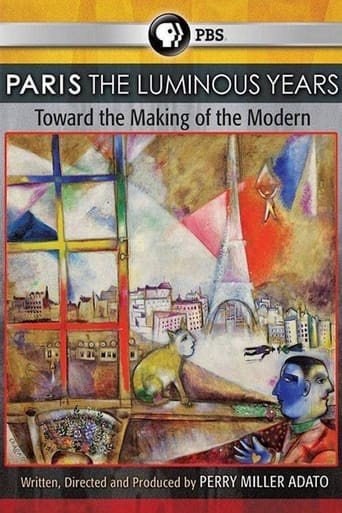




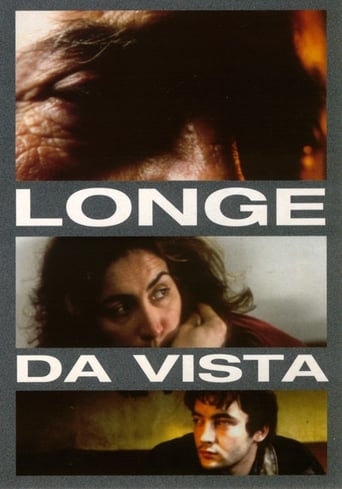
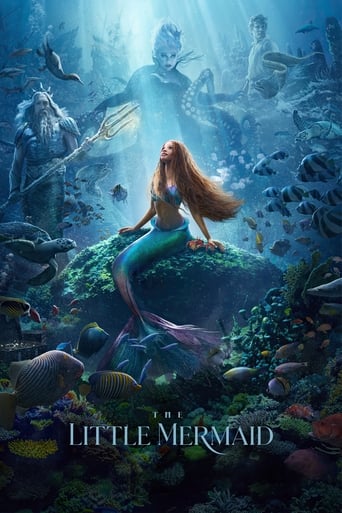
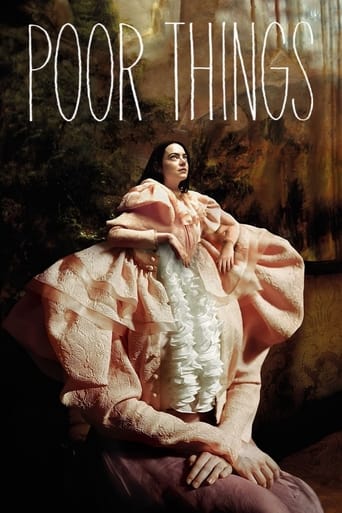


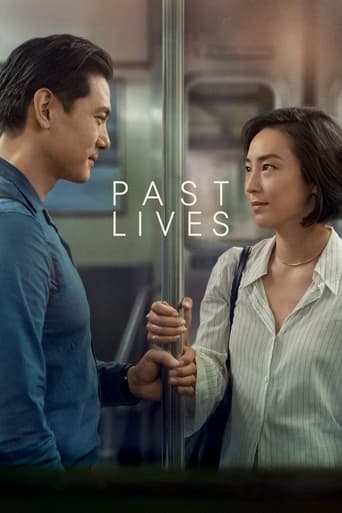

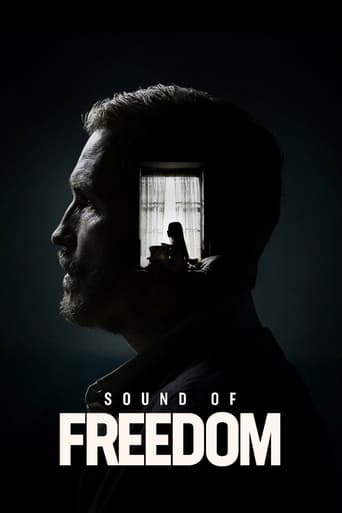

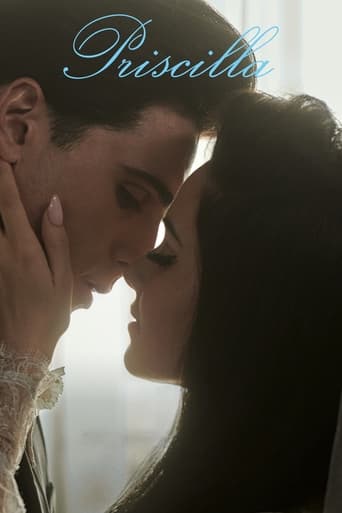
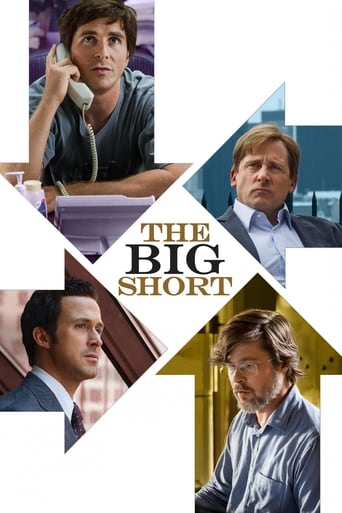
Zero Day
Two troubled adolescents chronicle the events that ultimately lead up to a terrifying assault on their school.